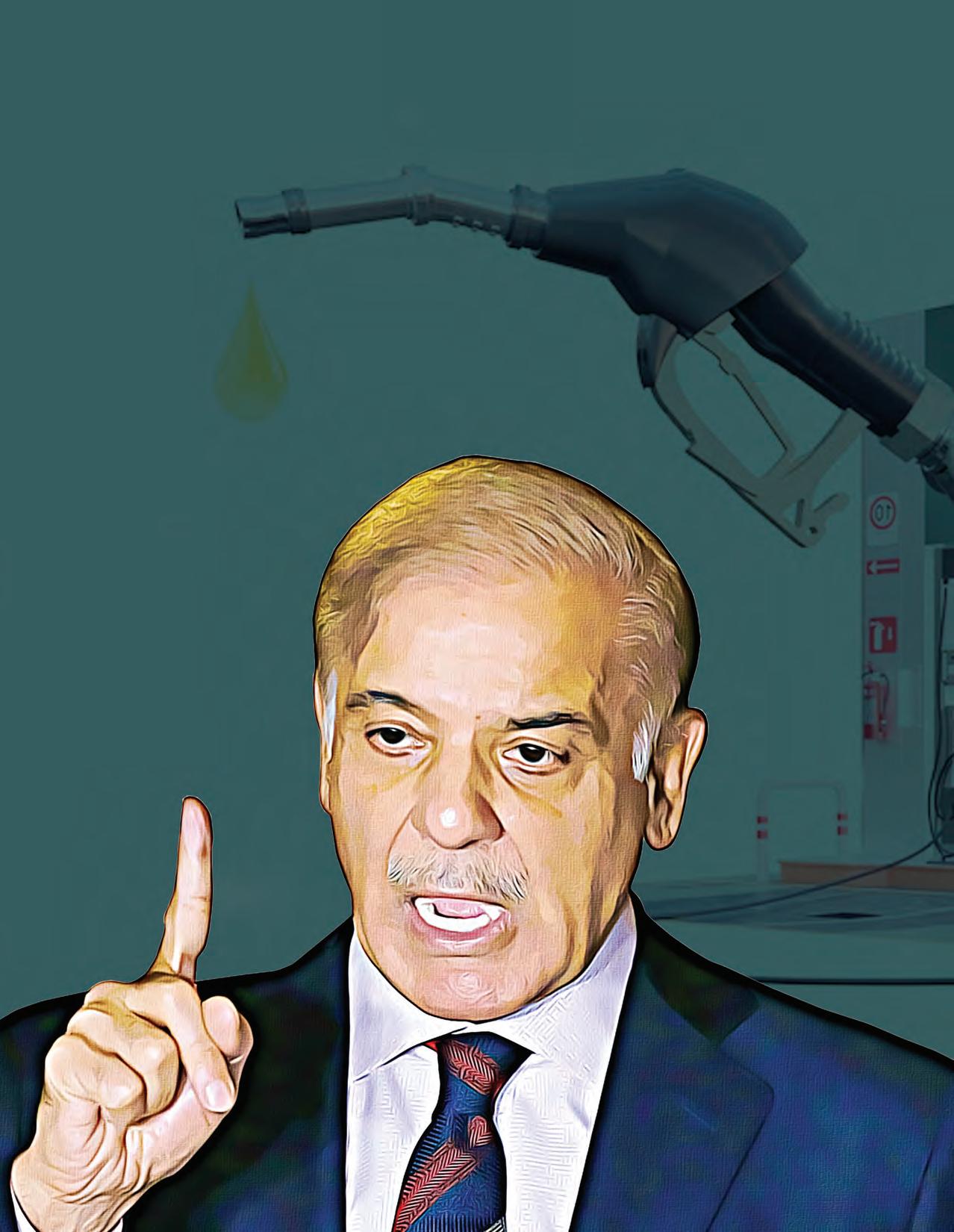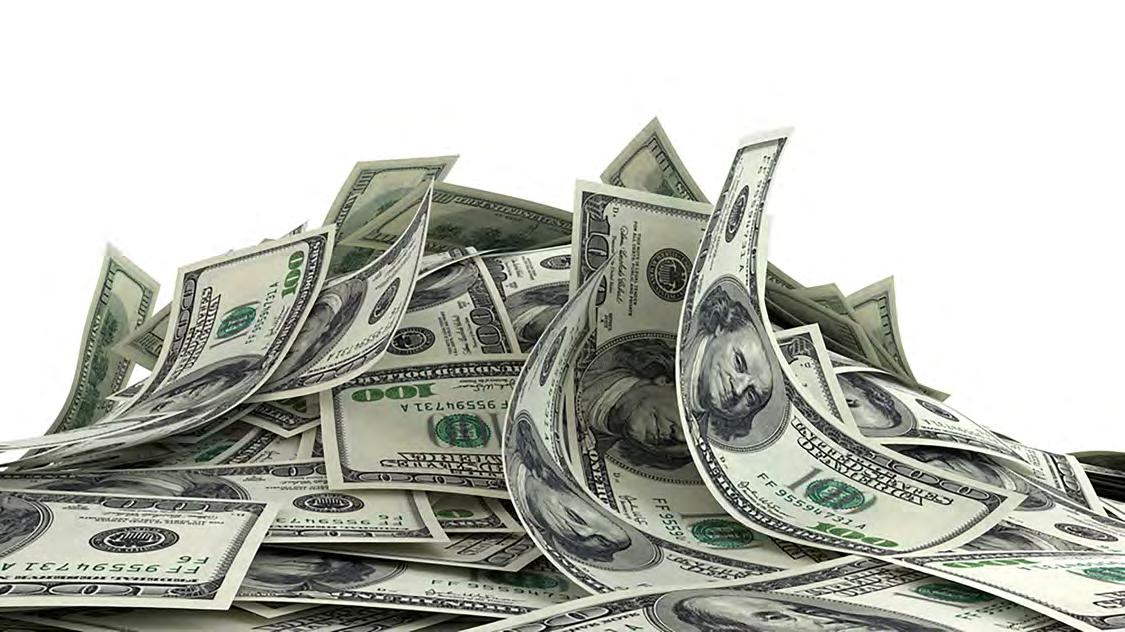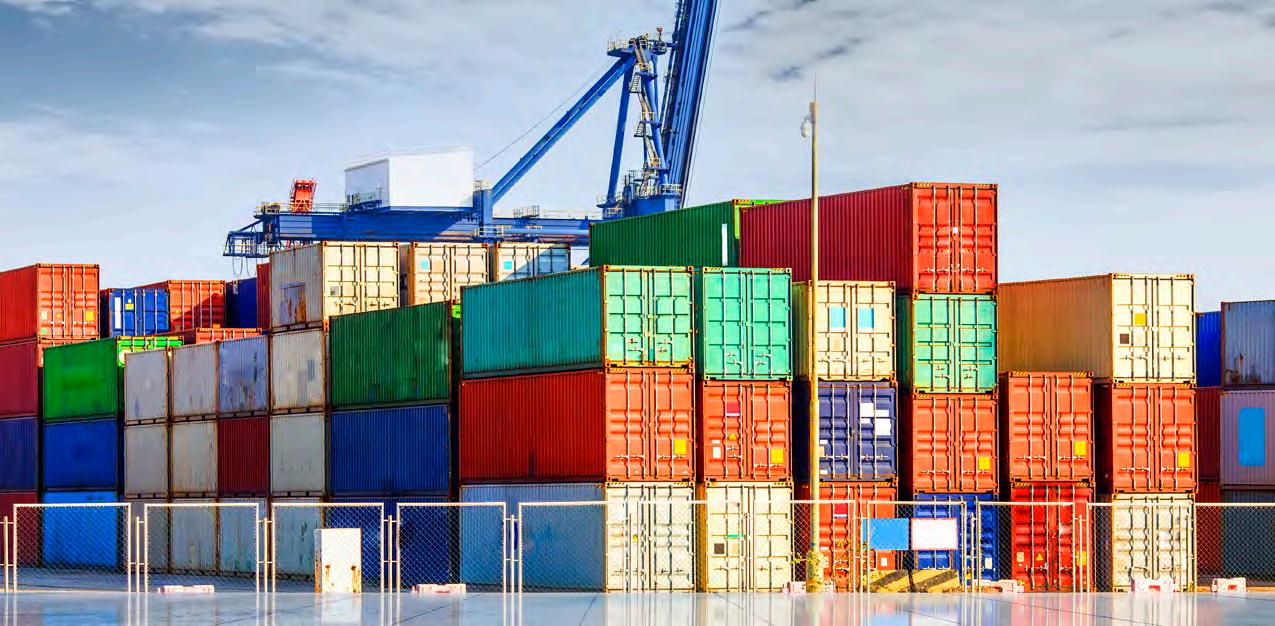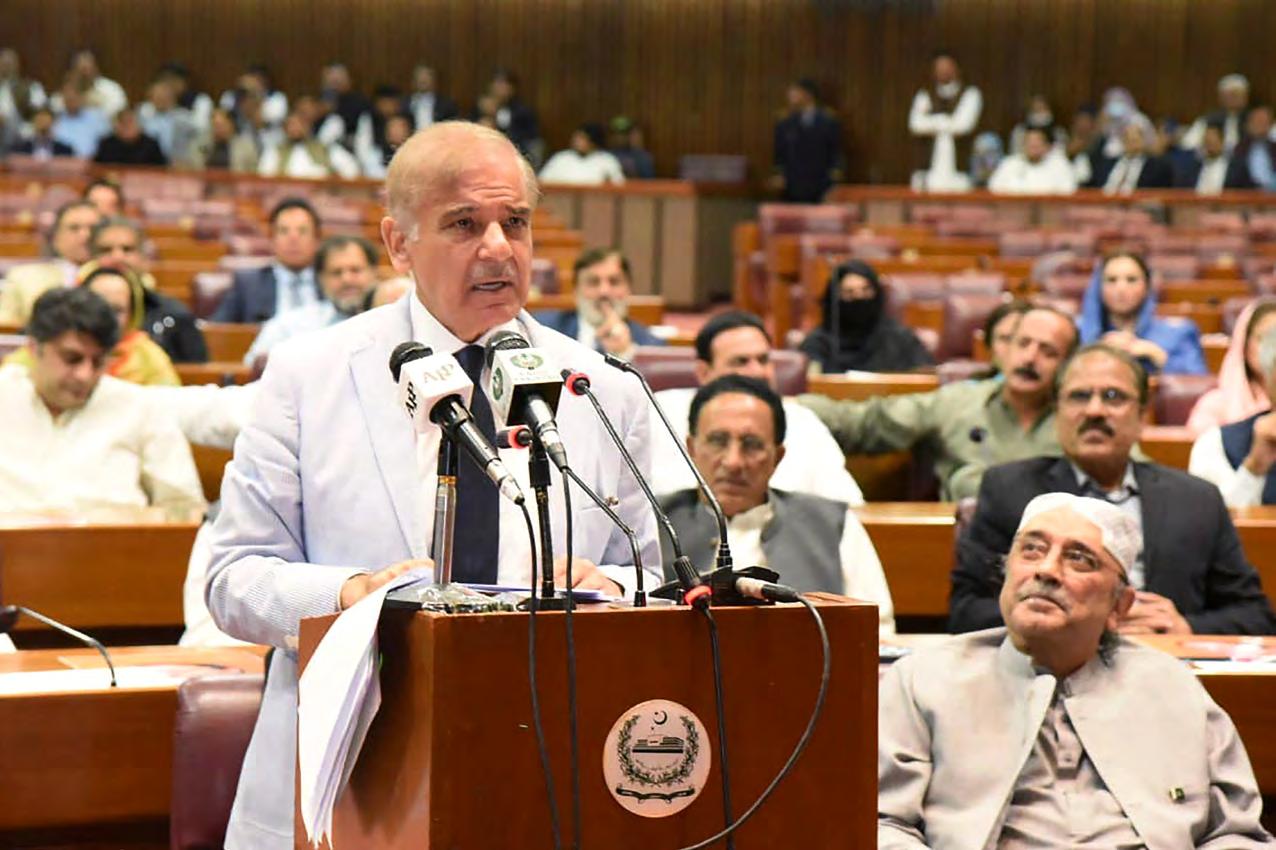Economic takeaways from the new PM’s speech in parliament By Abdullah Niazi
A
fter weeks of political turmoil in the country that led to a constitutional crisis and culminated in the removal of Imran Khan from the office of Prime Minister, Mian Muhammad Shehbaz Sharif has taken his place at the head of the most elaborate coalition government in the history of Pakistan. As the dust settles and he prepares for his first day in the Prime Minister house from tomorrow, Mr. Sharif’s first speech in parliament as the leader of the house was dominated by themes of fixing the country’s ailing economy. The Prime Minister’s speech was heavy on rhetoric of reconciliation, unity among the coalition government, and better economic and diplomatic ties with Pakistan’s allies. Laced
with this rhetoric was criticism of the previous government, and some indications as to possible economic policy shifts that might come with the new government. Profit looks at the key economic takeaways from the newly incumbent Prime Minister’s speech in the National Assembly.
Dollar prices, deficits, and IMF talks
O
ne of the first points raised by Shehbaz Sharif in his speech was the stabilization of the dollar in the wake of the no-confidence vote against Imran Khan. The dollar has gone down to Rs 182 after it hit a high of Rs190 last week due to the cloud of political instability that was looming over the country. There will be a close eye on the rupee-dollar parity. The rupee’s historic weak-
ness over the past year in particular had caused great grief to the PTI’s financial minds since it meant imports were becoming more expensive. And since Pakistan’s largest import (40% nearly) is fuel, which is an inelastic import and cannot be substituted, the trade deficit continued to rise. Because of the increasing price of the dollar, paying off Pakistan’s debts also becomes more difficult, which in turn contributes to the budget deficit. It is important to note here that Mr. Sharif did not at any point make promises about the further decline of the dollar. In the days to come, keeping hold of this coalition will not be easy, and with the PTI officially playing the role of agitator, moments of stability will be far and few in between. However, while talks with the IMF have been on a halt, the fund is on the record saying it will talk to the new government – which means if the
27







